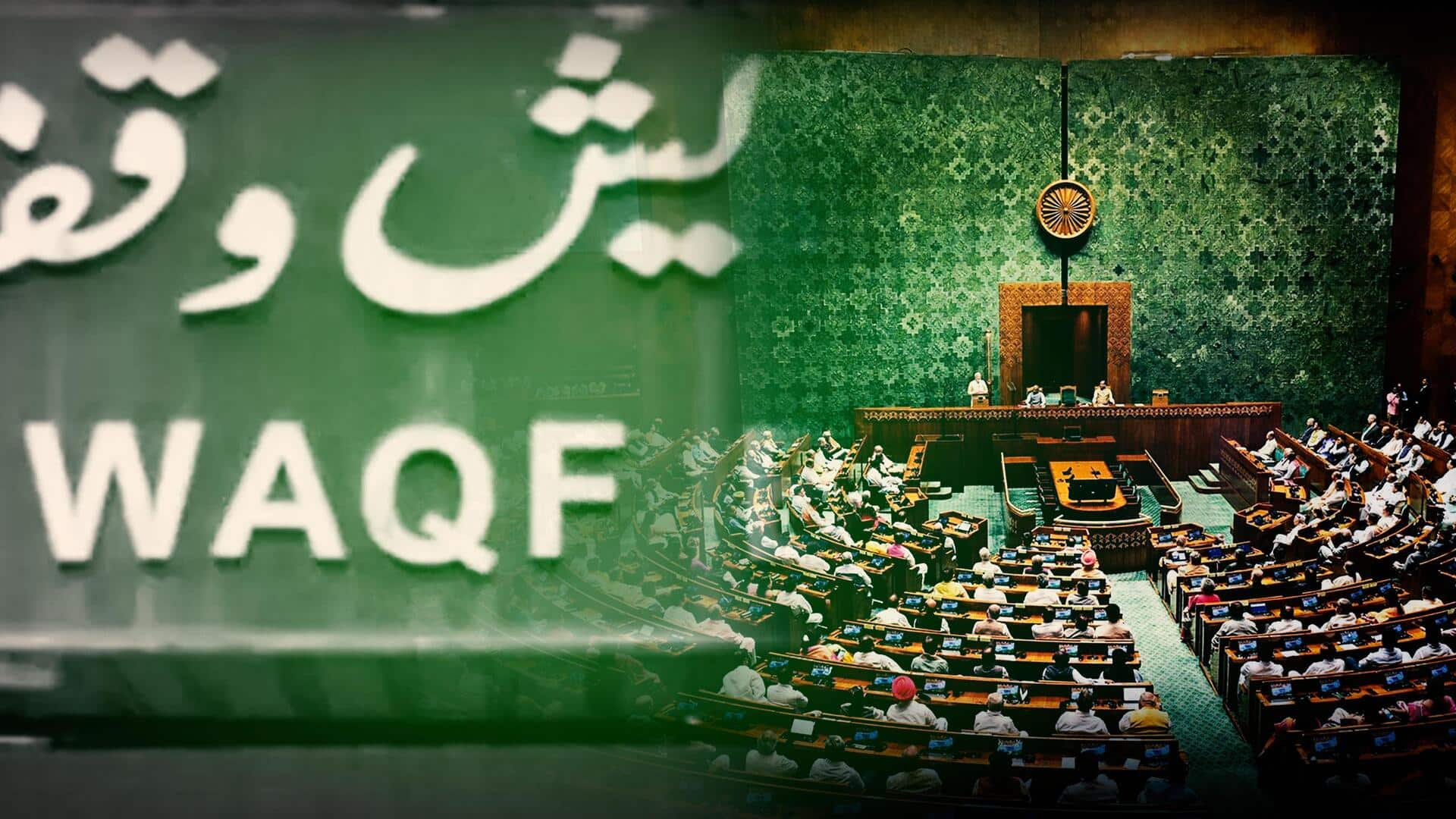
Why the government wants to curb powers of Waqf Board
What's the story
The Indian government, under the leadership of Prime Minister Narendra Modi, is preparing to revamp the Waqf Act, 1995. The bill to amend the act is expected to be tabled on Wednesday in the Lok Sabha. This move aims to curtail the powers of the Waqf Board, India's third largest landowner after the Indian Railways and armed forces. The cabinet approved 40 amendments to this act during a high-level meeting last week.
Verification process
Proposed amendments aim to reduce Waqf Board's powers
The proposed amendments are designed to reduce the arbitrary powers currently held by the Waqf Boards, which have been able to claim any property as waqf without obligatory verification. With the new changes, all claims made by the Waqf Board on properties will be subject to mandatory verification. The government is also contemplating involving district magistrates in overseeing Waqf properties to prevent asset misuse.
Waqf definition
Understanding the Waqf Act and its implications
Waqf is a property dedicated in the name of god for religious and charitable purposes. As per Section 3 of the Waqf Act, "Waqf means the permanent dedication by any person, of any movable or immovable property for any purpose recognized by the Muslim law as pious, religious or charitable." Once established as Waqf, a property remains so forever under Sharia law.
Board formation
History and structure of the Waqf Board
The Waqf Act of 1955, passed under the government of late Prime Minister Jawaharlal Nehru, led to the centralization of Waqfs. The Central Waqf Council of India was established in 1964 under this act. At present, each state has a Waqf Board headed by a chairperson and includes nominees from the state government, Muslim MLAs and MPs, Muslim members of the State Bar Council, and Islamic scholars.
Property management
Waqf board's extensive property control and complaints
The boards have authority over approximately 8,70,000 immovable properties, 16,173 movable properties, and 3,56,031 estates across more than eight lakh acres of land. However, there are over 58,000 complaints against the board with more than 18,000 in tribunals and over 150 in high courts and Supreme Court. Under the new bill, district collector has been given some powers to resolve disputes related to the Waqf Act.
Gender inclusion
Proposed amendments aim to increase women's participation
"Any government property identified or declared as Waqf property, before or after the commencement of this Act, shall not be deemed to be a Waqf property," the new Bill reads. The proposed amendments also aim to boost women's participation in the Central Waqf Council by amending Section 9 and Section 14. Additionally, the revenue generated by Waqf properties, which amounts to ₹200 crore per annum ($23.8 million), will be closely monitored under the proposed amendments.